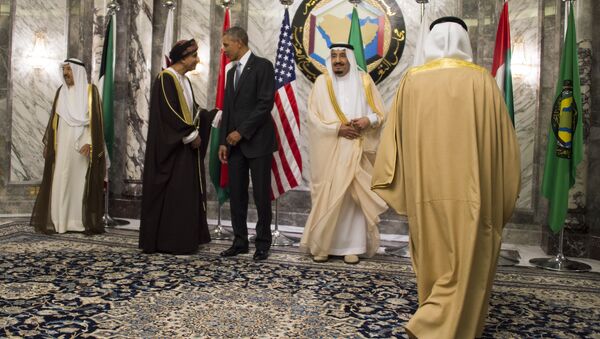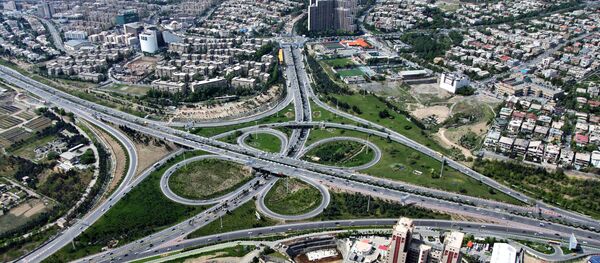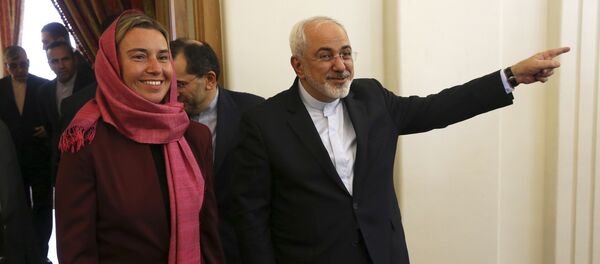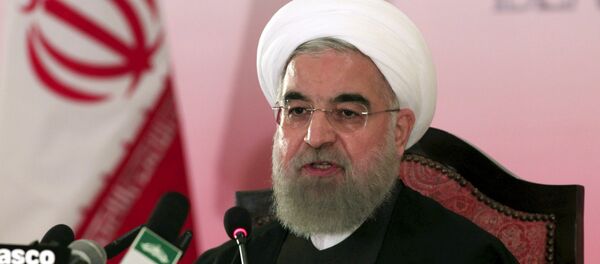“If we look at current events with a watchful eye, the situation is unclear and the diplomatic victory for Iran may well not last,” Goulet writes in a post for the US-based website The Huffington Post.
The comment comes in relations to the recent cut of diplomatic ties between Iran and Saudi Arabia over the execution of Shia leader Nimr al-Nimr by Riyadh and subsequent protests in Iran against executions in the kingdom.
“This new strategic formation was confirmed at the Summit of the Organization of Islamic Cooperation (OIC), which was held in Istanbul from April 10 to 15, where 57 member states condemned Iran’s interventionist policy in the region,” Goulet says.
“We are witnessing perhaps the most exciting application of the principle that "the enemies of our enemies are our friends,” she adds referring to Turkey’s stepped up efforts to reconcile with Israel over the 2010 Mavi Marmara raid.
Second, Erdogan strengthened his country's alliance with Saudi Arabia by establishing a strategic partnership council between the two countries.
The French Senator also notes the recent trip made by Saudi's King Salman to Egypt which resulted in Egypt’s handing over two Red Sea islands to Saudi Arabia in a controversial agreement, supported by Israel.
“Thus, it emerges slowly but surely, a strategic alliance between Gulf Sunni monarchies, Turkey, Egypt and Israel to fight the return of Iran,” she states.
The US seems to be acting in the same vein. In December, the US Congress passed restrictive entry measures by putting conditions on the issuance of visas for persons who traveled to Iran or the Iranian-American dual nationals.
The two-day visit of President Obama to Saudi Arabia, the French politician suggests, is aimed at reassuring its long-standing ally. Goulet, however, doubts that the trip will bear any fruit or if reconciliation occurs then at what cost, taking into account that Obama's presidency is coming to an end very soon.
“For their part, the Israelis are not standing still, and the US elections give them a new platform to declare their hostility and join the Saudis in irrationality,” she says.
And President Rouhani and Foreign Minister Zarif have to deal with this reality.
“The diplomatic ballet and incessant business contracts signed can’t guarantee success for President Rouhani, who is facing determined opposition,” Goulet suggests.
This economic openness creates tensions between different power circles, she explains, as few are willing to share their amassed fortunes gained during the term of embargo.
The situation is particularly delicate as important diplomatic success on the Iranian nuclear program might not resist the newly formed regional alliances and the US elections, the politician concludes, and suggests the resolution of this particular political puzzle will be arrived at soon.





